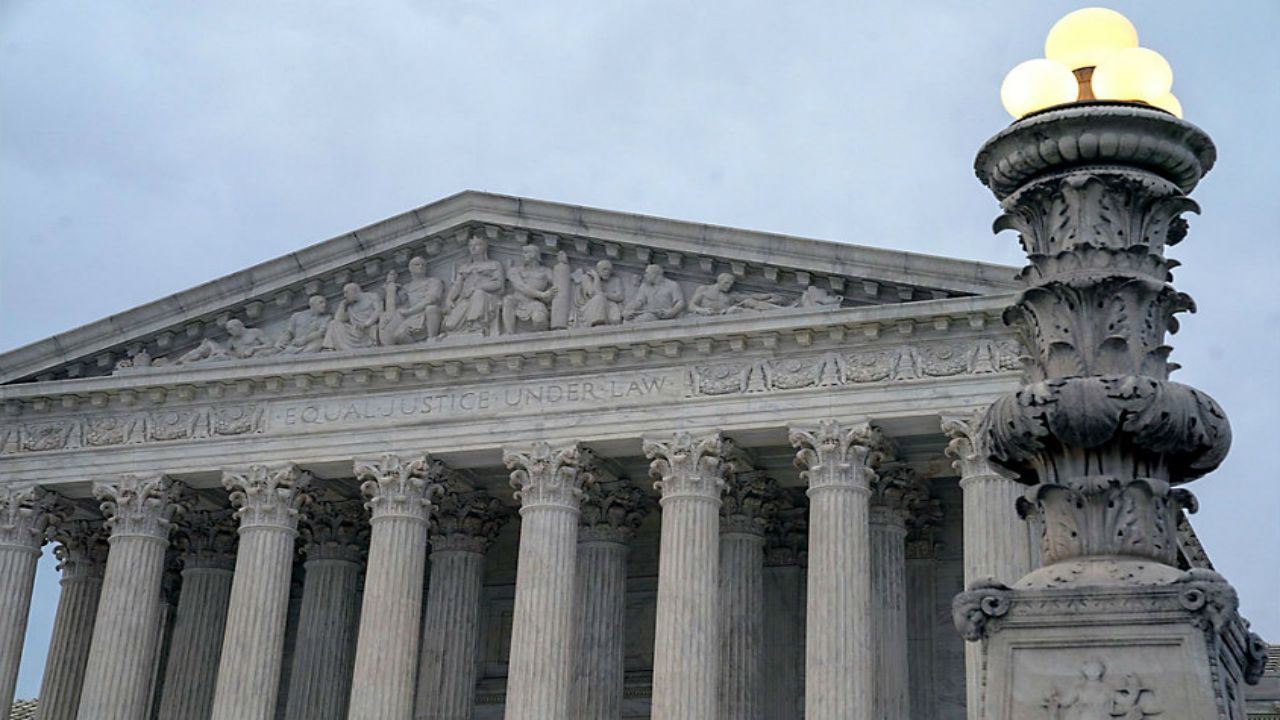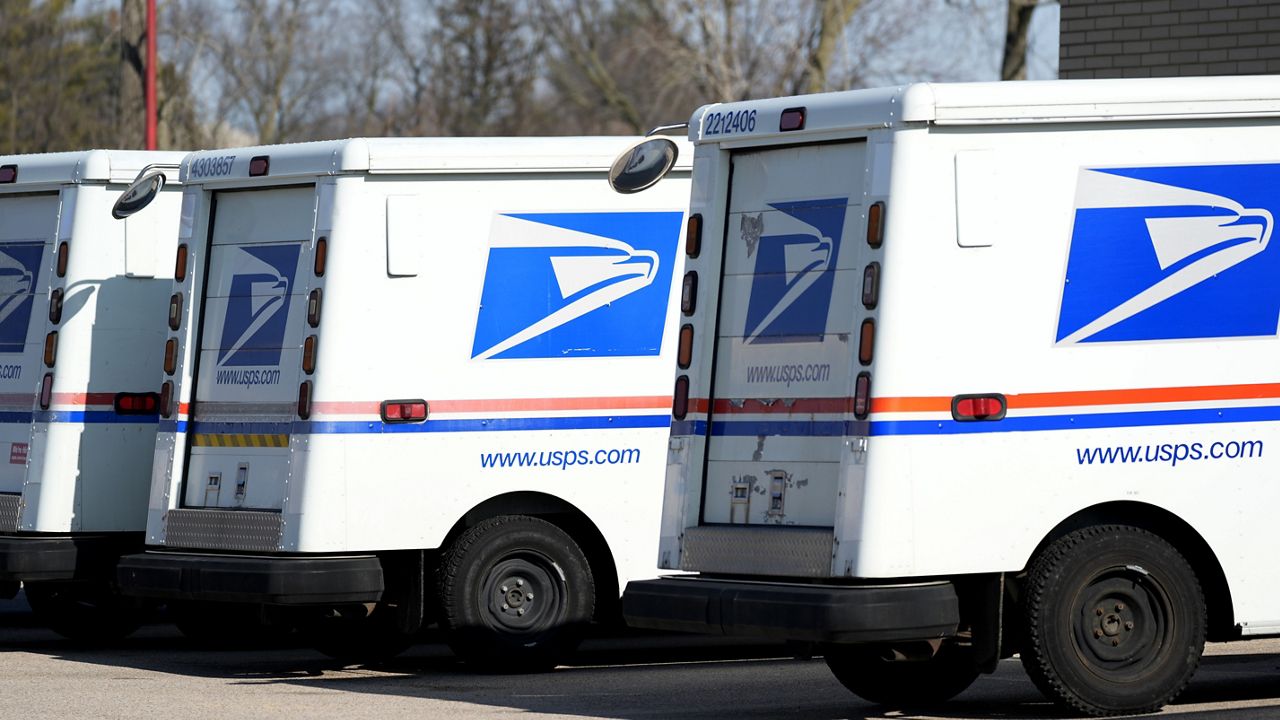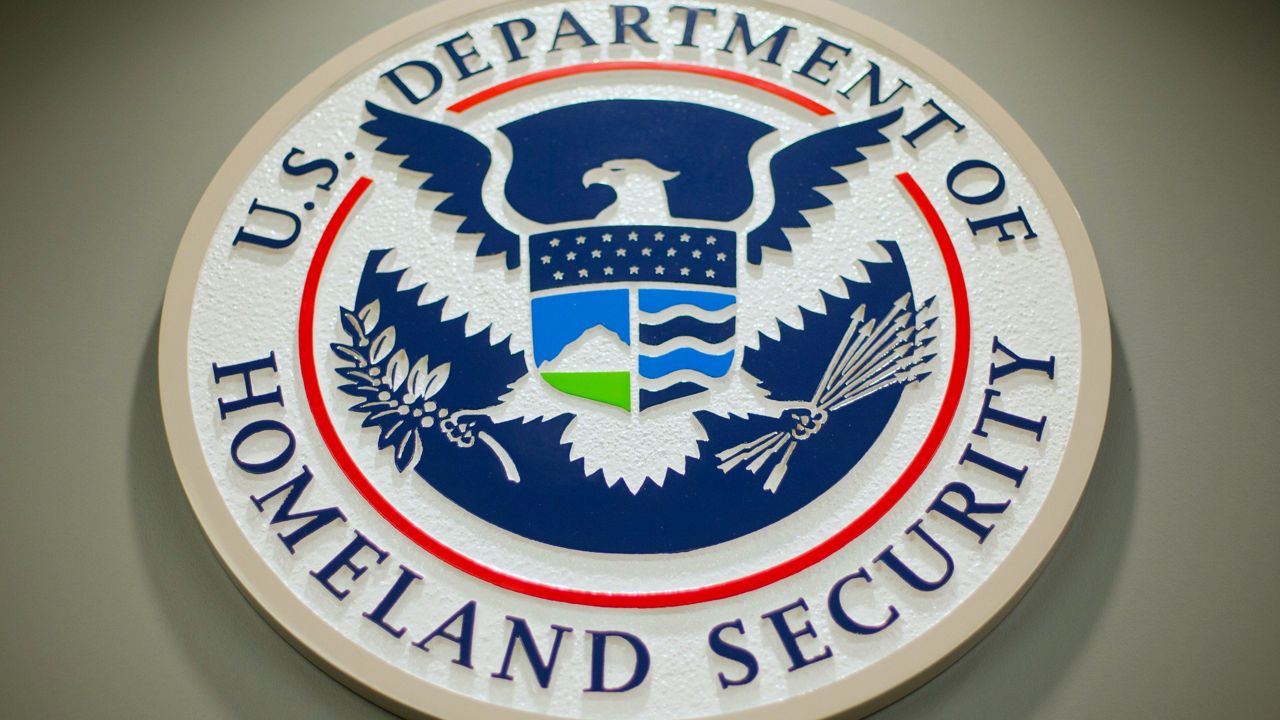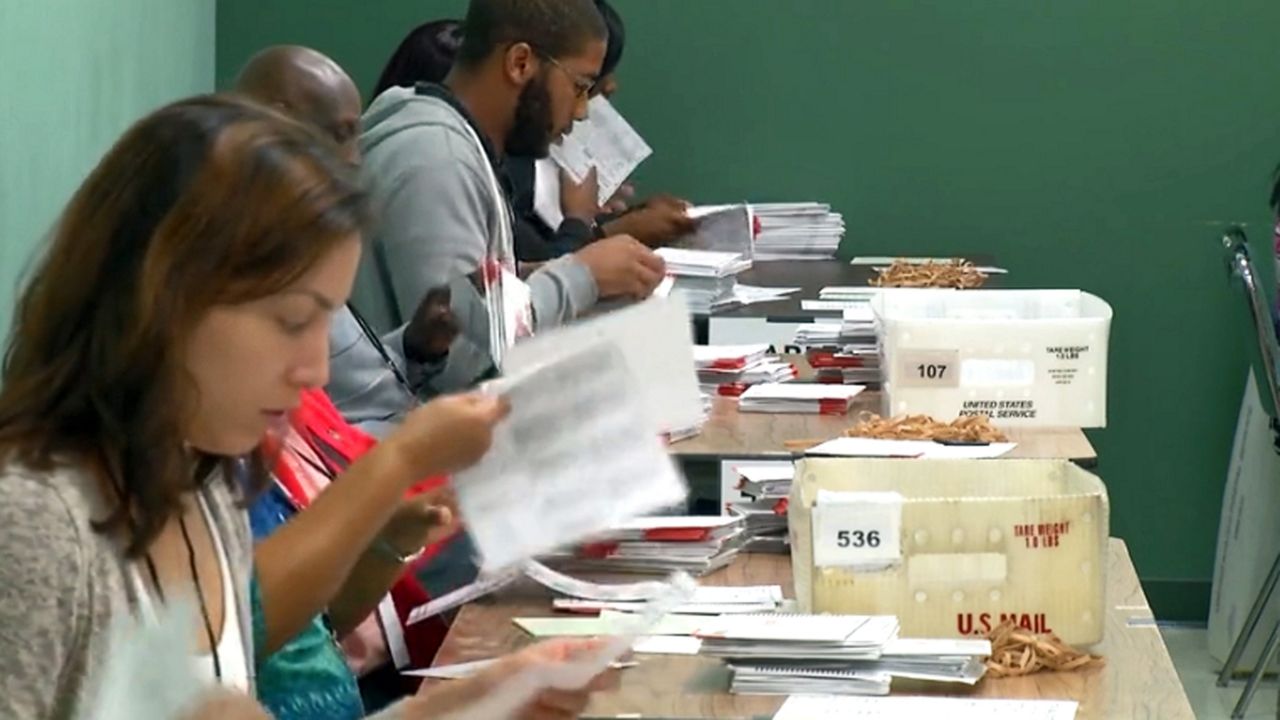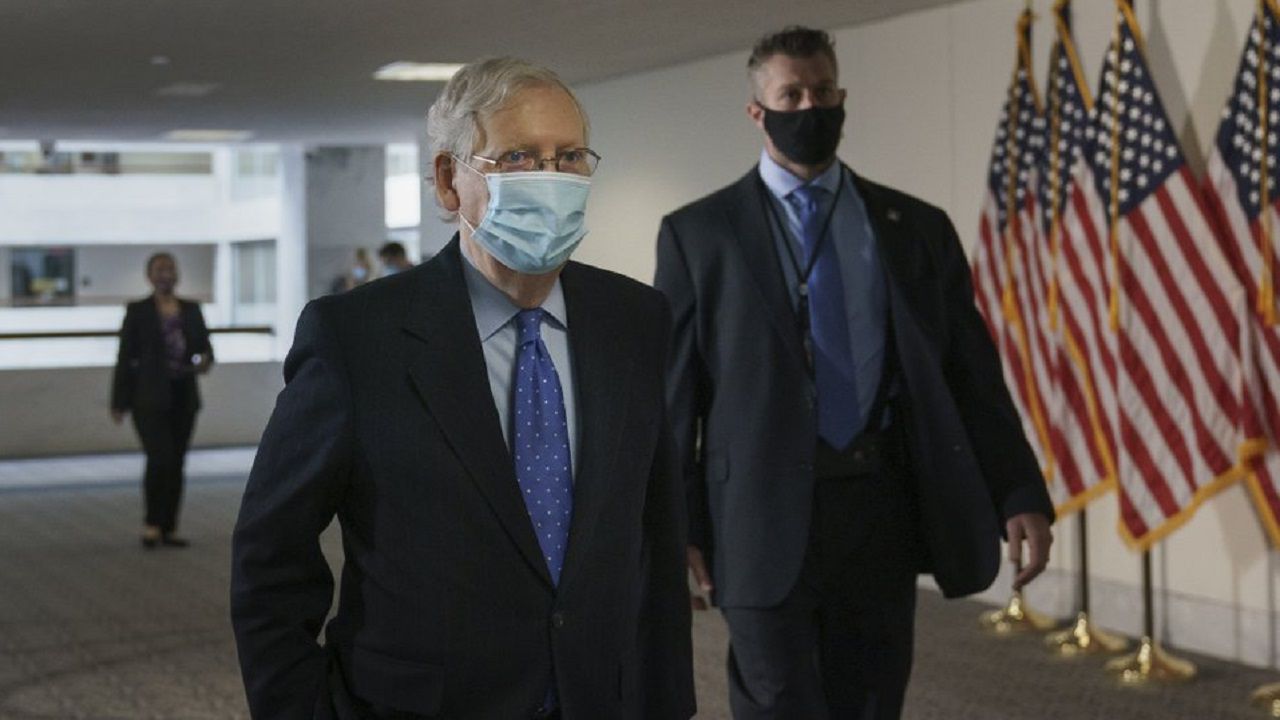NATIONWIDE — The Supreme Court is back in session and this term the nine justices will be talking about some major issues, such as LGBT rights and illegal immigration.
- Many of the high-profile cases will include gun rights and abortion
- Despite conservative judges, chief justice says high court will be non-partisan
The term could reveal how far to the right and how fast the court's conservative majority will move, even as Chief Justice John Roberts has made clear he wants to keep the court clear of Washington partisan politics.
The court is beginning its second term with both of President Donald Trump's Supreme Court appointees, Justices Neil Gorsuch and Brett Kavanaugh, on board.
The court also could be front and center in the presidential election campaign itself, especially with health concerns surrounding 86-year-old Justice Ruth Bader Ginsburg.
For now, though, the court has plenty of significant cases to deal with, including whether federal civil rights law that bars workplace discrimination on the basis of sex covers LGBT people. The justices will hear arguments Tuesday in two cases on that topic, their first foray into LGBT rights since the retirement of Justice Anthony Kennedy, who wrote all the court's major gay-rights rulings.
Next month, the fate of the Deferred Action for Childhood Arrivals program is in front of the justices. Lower courts have so far blocked Trump from ending the Obama-era program that has shielded roughly 700,000 people from deportation and provided them with permits to work.
During the winter, the justices will take up a challenge to a Louisiana law that would force abortion providers to have admitting privileges at local hospitals. It is another test of whether the change in the court's composition will result in a different outcome. With Kennedy in the majority, the court in 2016 struck down a virtually identical Texas law.




